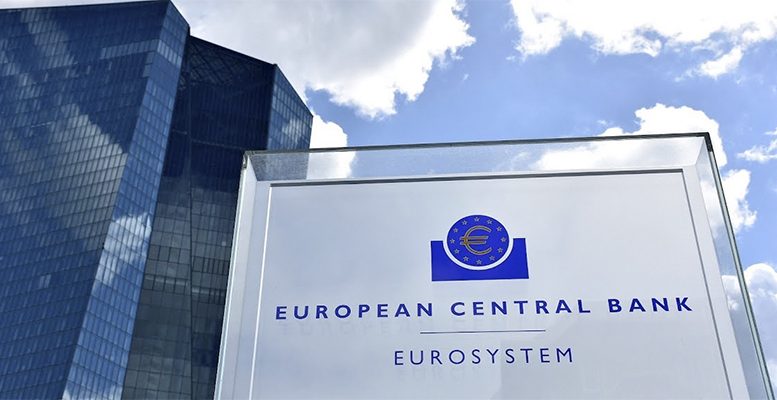European Union Central Bank President Mr. Mario Draghi has warned against protectionism, saying it “poses a serious risk” to the global economy.
He said that free trade is critical to future growth, especially in advanced economies with population growth.
His remarks are seen as expressing concerns over globalisation and the populist movements it has fuelled in the United States and Europe.
He said it is up to the EU to “lead by example” supporting economic openess and reforming its institutions. Mr. Draghi said that openess to trade is under threat. He noted that temporary trade barriers apply to more than 25% of products today, up from 1% in the year 2000.
Mr. Draghi urged action through organisations such as the World Trade Organisation to address variations in tax regimes, take a stand on labour regulations and put in place tougher rules for cross border finance. Mr. Draghi pointed out that in order to accomplish that the EU would have to strengthen it own institutions including setting up a country risk sharing institution for the of the 19-country euro zone.
He urged risk-sharing measures such as EU level deposit insurance that would reassure depositors their savings would be safe even if their country ran in to financial trouble.
Further more, Mr. Draghi said that sharing financial risk between Eurozone countries could strengthen the system, which should ease the concerns of bigger richer countries like Germany that they could be exposed to weaknesses of poorer countries.
If growth slows significantly the ECB could have to extend the 30 billion Euro bond purchases. Mr.Draghi identified the threats of protectionism, vulnerabilities in emerging markets and financial market volatility, among the main risks. At a time when dissatisfaction with openness is growing, in the EU area multilateral institutions become more and not less important.
“They provide the best platform to address concerns about openness without sacrificing open markets”.
The ECB has repeatedly warned about the threat protectionism poses to growth, but Draghi´s assessment contrasts with the relatively sanguine approach adopted by some financial market participants.
The EU already faces challenges including populism and divisions between member states in areas such as migration and the deepening of Eurozone integration. Concerns about the strength of the economy have been reinforced by concerns about the nationalist threat, geopolitical risk and global trade tensions.





